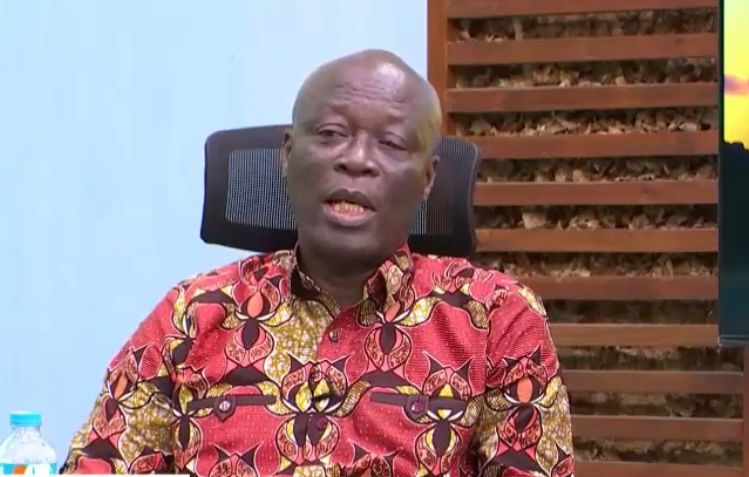The controversy surrounding the Ghana-United States third-party deportee arrangement has ignited a heated debate in Ghana, with the National Coordinator of the District Road Improvement Programme (DRIP), Edwin Nii Lante Vanderpuye, appealing for a depoliticized approach. Vanderpuye characterized the arrangement as a purely humanitarian gesture, devoid of any financial incentives for Ghana. He emphasized that the deportees, often apprehended without access to their passports, are simply being provided a temporary haven. Vanderpuye echoed the Foreign Affairs Minister’s assertion that the agreement is not financially motivated, urging the public to view it as an act of compassion. He also criticized the Minority in Parliament for their premature condemnation of the arrangement, suggesting they engage in dialogue with the Minister to understand the timeline for potential formalization into a bilateral agreement.
The heart of the contention lies in the process and legality of the agreement. Vanderpuye downplayed the significance of the current informal nature of the arrangement, pointing out that it is not uncommon for such agreements to begin on a less formal basis before evolving into full-fledged treaties. He drew parallels to other international agreements that started informally and later underwent formal ratification processes. He suggested the Minority’s reaction was hasty, advocating for a more measured approach involving direct engagement with the Foreign Minister to gain a comprehensive understanding of the arrangement and its potential future.
Conversely, the Minority in Parliament, led by Samuel Abu Jinapor, Ranking Member on the Foreign Affairs Committee, has vehemently opposed the agreement, branding it as unconstitutional. Their argument centers on the lack of parliamentary ratification, a prerequisite they deem mandatory under Article 75 of the Ghanaian constitution. Jinapor contends that the government’s implementation of the agreement without parliamentary approval constitutes a direct violation of the constitution and disregards the authority of the Supreme Court. The Minority’s stance highlights a fundamental disagreement on the interpretation of constitutional procedure regarding international agreements.
This clash of perspectives reflects a broader debate about the balance between executive power and parliamentary oversight in international affairs. The government’s position suggests a degree of flexibility in initiating international arrangements, potentially allowing for quicker responses to humanitarian situations. However, the Minority’s concern emphasizes the importance of checks and balances, arguing that bypassing parliamentary scrutiny could potentially lead to agreements that are not in the best interest of the nation or that violate constitutional principles.
The deportee arrangement itself raises complex questions about international migration, human rights, and the responsibilities of nations towards displaced individuals. The deportees, often deemed undesirable in the United States, find themselves in a precarious situation, and the agreement aims to provide a temporary solution. However, the lack of clarity regarding the long-term plan for these individuals raises concerns about their integration into Ghanaian society and the potential strain on resources. Furthermore, the circumstances surrounding their deportation from the US, often involving a lack of due process, add another layer of complexity to the ethical considerations of the agreement.
The unfolding debate underscores the need for transparent communication and robust public discourse on the intricacies of the agreement. A clearer understanding of the arrangement’s terms, its implications for Ghana, and the long-term plan for the deportees is crucial for informed public opinion and effective policymaking. Furthermore, the constitutional questions raised by the Minority warrant careful consideration and legal interpretation to ensure that the agreement aligns with Ghana’s legal framework and democratic principles. The current controversy serves as a reminder of the importance of striking a balance between swift action in humanitarian situations and upholding constitutional processes in international affairs.














